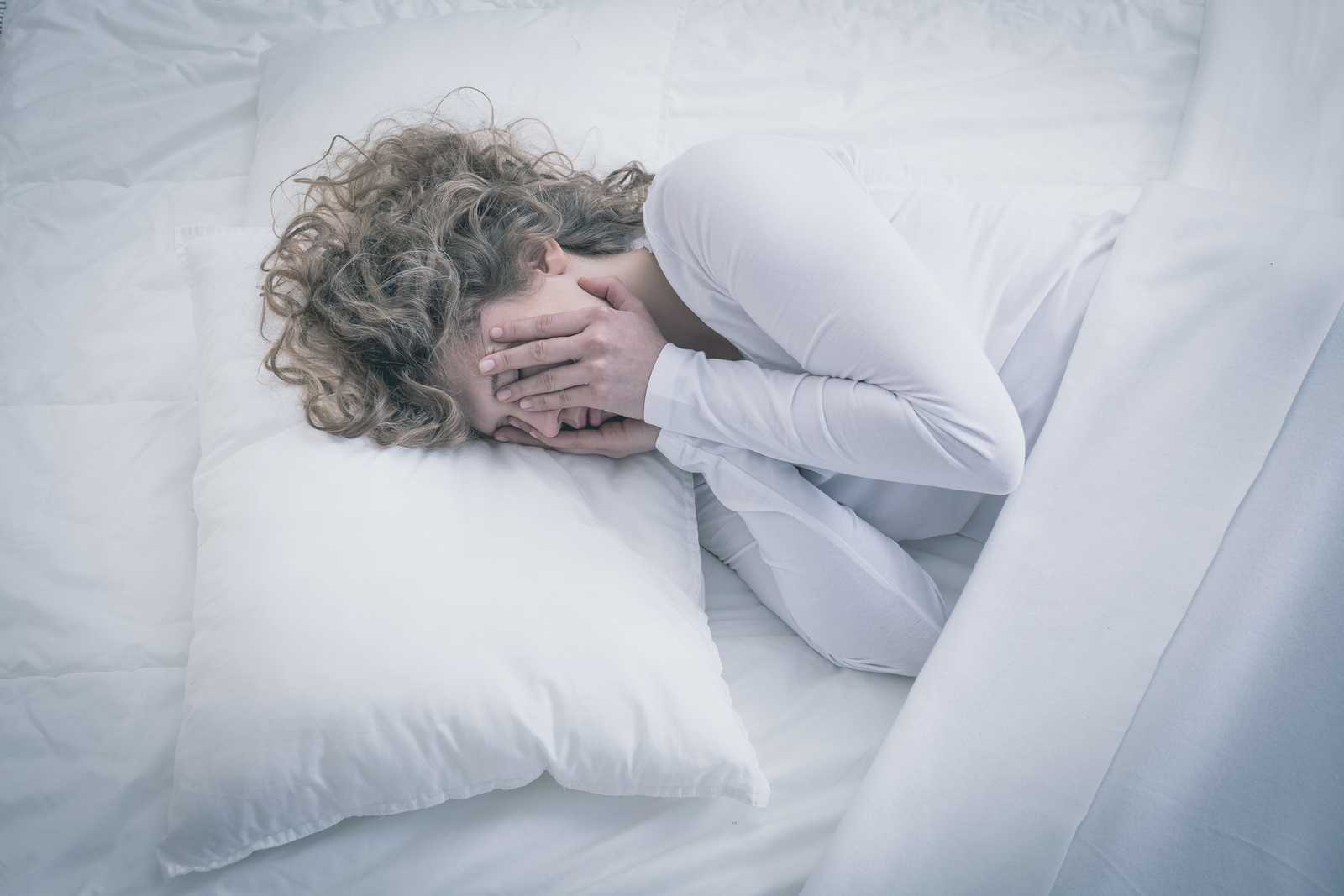Sleep deprivation seems to have become part of the American way. Busy lifestyles and high levels of stress are keeping Americans awake from coast to coast. Researchers and doctors have also identified an increasing rate of mental illness in American adults. According to the National Alliance on Mental Illness, “One in four adults, approximately 61.5 million Americans, experiences mental illness in a given year.” Additionally, one in every 25 adults in America lives with a serious mental illness, such as bipolar disorder, major depression or schizophrenia.
Putting two and two together, researchers at Harvard found that sleep problems impact 50% to 80% of patients in a typical psychiatric practice. This is a far cry from the 10% to 18% of adults in the general U.S. population who experience sleep disorders. Insomnia and sleep apnea have been linked to patients with depression. Often times, one can actually cause the other. Fortunately, treating one area can improve symptoms in the other.
Another recent study by the CDC makes a strong association between sleep disturbances and depression. Researchers expected to find symptoms like snoring and snorting, but were surprised to find depression as a key complaint among research subjects undergoing treatment for obstructive sleep apnea.
What do we know?
- Mental Illness can cause or worsen sleeping disorders.
- Sleeping disorders can cause or worsen mental illness.
- Treatment is available for both mental illness and sleeping disorders and physicians should include both areas of treatment for optimal patient care.
- Doctors are continuing to find links between mental health and disordered sleep. As more research is done in the field, treatment options are sure to expand.
While we don’t always know which came first, we do know that sleep and mental health are intricately related. If you or someone you know are experiencing symptoms of a mental health disorder, please consider undergoing a sleep evaluation to see if treatment could be helpful. Similarly, if you are having trouble sleeping, then be sure to inform your medical provider if you are having feelings associated with depression or another mental illness. Help and hope are available.


